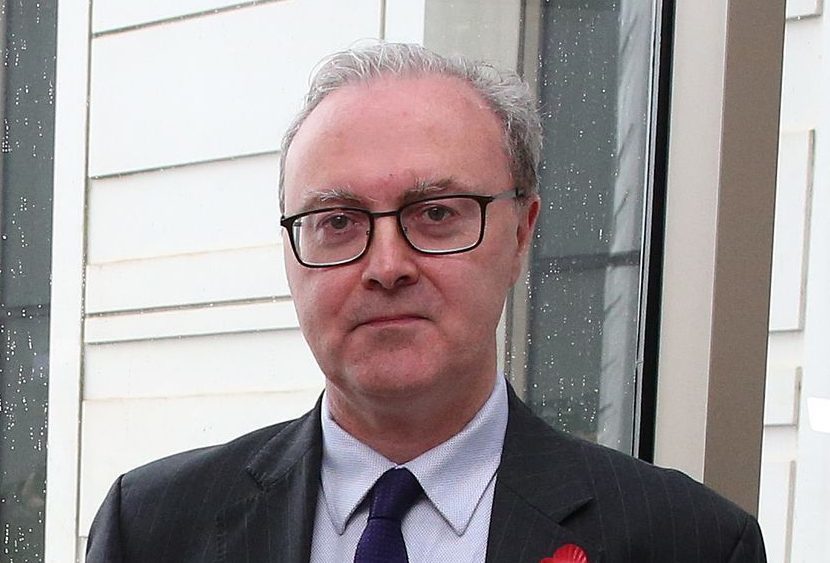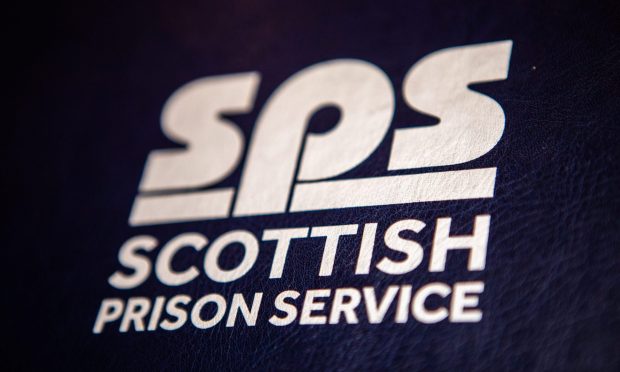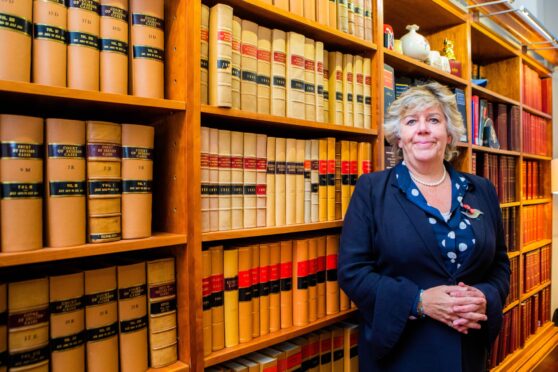Brexit could make the process of extraditing criminals to and from the UK “slower and more cumbersome”, Scotland’s senior law officer has warned.
James Wolffe QC warned that without effective extradition arrangements “the UK would be at risk of becoming a safe haven for criminals who have committed crimes in other countries”.
Mr Wolffe raised concerns about the possible impact of leaving the European Union ahead of a trip to Brussels, where he will make the case that is not in the interests of Scotland, the UK or Europe, “if we were to turn our back on these mechanisms of criminal justice co-operation”.
He stressed that the “days when national prosecutors could essentially confine their attention to their own jurisdictions” were gone, adding that “criminality today does not respect borders”.
In an article for the EurActiv website, Mr Wolffe said: “We confront serious organised crime groups who traffic drugs and other illicit goods – and, for that matter, human beings – across boundaries.
“Online, criminals located in one country may defraud individuals and businesses elsewhere in the world. Digital images resulting from the sexual exploitation of children may be shared in cyberspace regardless of national boundaries. And events elsewhere in the world can affect the nature and level of the threat, in our own territories, of terrorist violence.
“If law enforcement agencies are to address transnational criminality effectively, they must co-operate with colleagues in other jurisdictions. Scottish police and prosecutors have forged close links with counterparts across Europe, so that we remain one step ahead of criminals who do harm across national borders.”
He said that as a member of the EU the UK has benefited from measures such as the European Arrest Warrant system for extradition, and from institutions that allow police and prosecutors in different countries to co-operate effectively.
“As Lord Advocate, I am the head of the prosecution system in Scotland and I see, at first hand, the practical benefits of co-operation with criminal justice colleagues across Europe and elsewhere,” he said.
“Last year alone, we made over 400 requests to fellow prosecutors through the European Judicial Network for assistance in relation to extradition and the recovery of evidence.
“In the last five years, there have been 541 cases in Scottish courts in which proceedings were taken after an arrest on a European Arrest Warrant, and 367 individuals have been extradited from Scotland through this procedure.
“We have, in turn, issued 45 European Arrest Warrants in order that individuals are surrendered quickly to Scotland to face trial for serious crimes. And criminal justice agencies across Europe share information relevant to the prevention, investigation and prosecution of crime.”
Mr Wolffe continued: “Without effective extradition arrangements, the UK would be at risk of becoming a safe haven for criminals who have committed crimes in other countries, and the European Arrest Warrant system has proved to be highly effective.
“The time it takes to secure extradition from EU member states has been significantly reduced as a result of this system and through the close co-operation with prosecutors in EU states which we now enjoy. As the Director of Public Prosecutions for England and Wales has observed, without it, the process of extradition would be slower and more cumbersome.”






